The International Rescue Committee, in partnership with the VCP conducted a formative evaluation to assess the impact of an integrated community engagement strategy in addressing low and stagnating immunisation coverage.
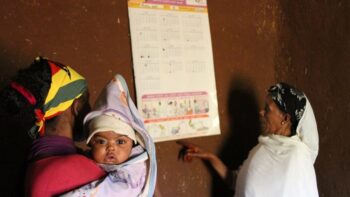

The International Rescue Committee, in partnership with the VCP conducted a formative evaluation to assess the impact of an integrated community engagement strategy in addressing low and stagnating immunisation coverage.
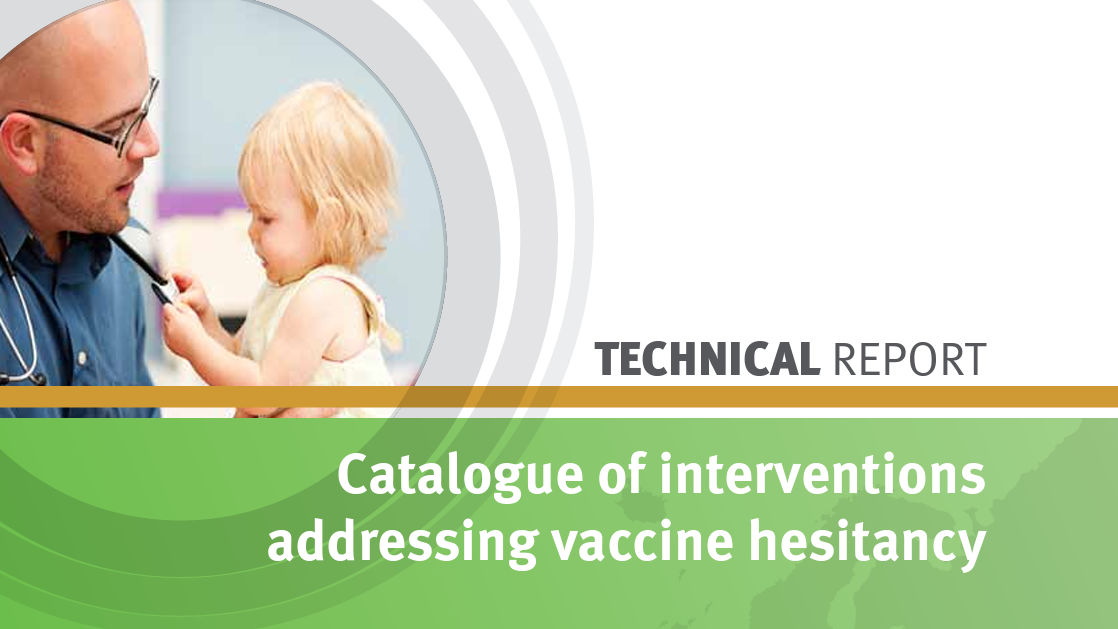
This catalogue developed by the London School of Hygiene and Tropical Medicine Vaccine Confidence Project is part of the European Centre for Disease Prevention…

While most people vaccinate according to the recommended schedule, this success is challenged by individuals and groups who delay or refuse vaccines.

Public confidence in an immunisation programme is a pivotal determinant of the programme’s success.

This paper discusses the establishment of a clinical trial of an Ebola vaccine candidate in Kambia District, Northern Sierra Leone.
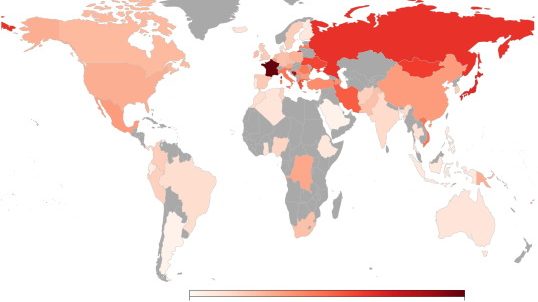
This survey examines perceptions of vaccine importance, safety, effectiveness, and religious compatibility among 65,819 individuals across 67 countries.
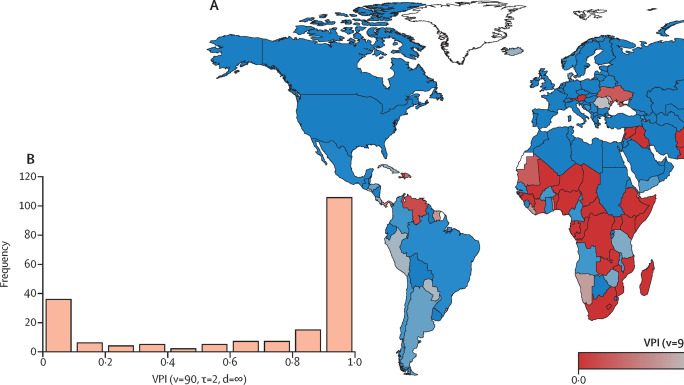
We undertook a data-driven time-series analysis to examine trends in coverage of diphtheria, tetanus,…

Qualitative study exploring Ebola survivors’ experiences with the disease and with vaccination.

This study consists of 65 semi-structured interviews with vaccine providers in Croatia, France, Greece, and Romania to investigate concerns HCWs…

In this perspective, Professor Heidi. J Larson argues that understanding trust in local contexts is key to communication about vaccination.

Oral cholera vaccination (OCV) campaigns were conducted from February to April…
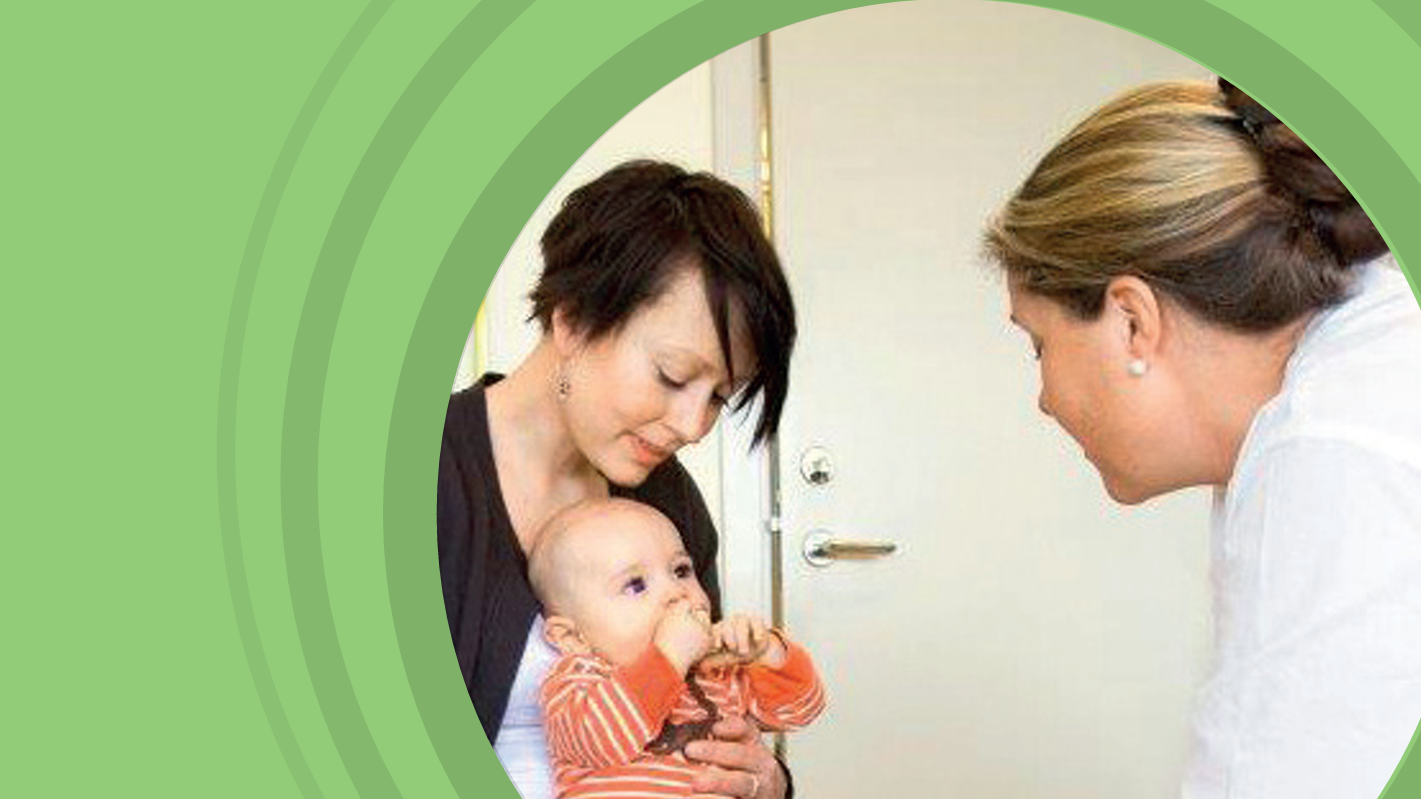
This guide provides practical evidence-based and peer-reviewed advice for public health programme managers and communicators involved with immunisation services.